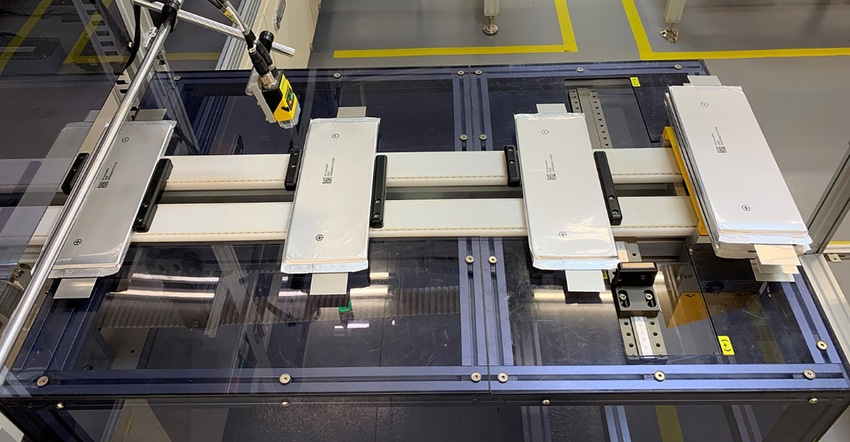Ford's Strategic Pivot: Resizing EV Investments
Explore Ford's recent strategic shifts in its electric vehicle investment, with resized plans and adjusted production capacity.

Ford has recently announced a re-timing and resizing of investments in its electric vehicle (EV) strategy. The company, while maintaining confidence in its long-term EV strategy, has strategically adjusted its plans by reducing the production capacity of its Marshall project to 20 gigawatt hours per year—down 43 percent from original plans. Additionally, the expected employment for the project is being scaled down from 2,500 jobs to 1,700 jobs.
Ford has garnered attention during the negotiations amidst the UAW strike, ultimately reaching a contract agreement. Throughout the strike period, Ford temporarily suspended the construction of its EV battery factory in Marshall, MI. However, a noteworthy development in the recent announcement is the affirmation of progress on the BlueOval Battery Park Michigan in Marshall. The decision to move forward with the Marshall project emphasizes Ford's plan to try to become a major player in the electric vehicle battery market.
Ford’s battery plant is still on track to produce LFP battery cells starting in 2026. At a media briefing, Ford Chief Communications Officer Mark Truby stated, “We looked at all the factors. Those included demand and the expected growth for EVs, our business plans, our product cycle plans, the affordability, and business to make sure we can make a sustainable business out of this plant.” Truby continued, “After assessing all that, we are now good to confirm that we’re moving forward with the plant, albeit in a slightly smaller size and scope than what we originally announced.”
Ford's dynamic adjustments to its EV strategy signal a pivotal moment in the automotive industry. As the company navigates challenges and forges ahead with a resized plan, the broader implications for the future of electric mobility become apparent. The evolving landscape holds key insights into the EV market's trajectory and its intersection with workforce dynamics, shaping the road ahead for Ford and the automotive sector at large.
About the Author(s)
You May Also Like





